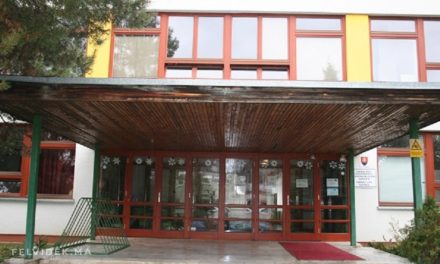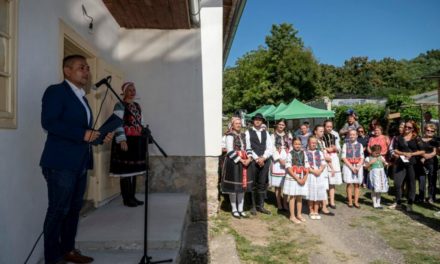They widen the range of exceptions, carefully avoiding the Hungarian community. So much for the sovereign Slovak rule of law...
Slovak President Zuzana Čaputová signed the amendment to the citizenship law on Monday. According to the position of the President's office, this allows Slovaks not to lose their Slovak citizenship due to acquiring the citizenship of another country, if they have been residing there for at least five years. However, according to parliament member György Gyimesi (OĽANO), Čaputová "confirmed that we Hungarians are second-class citizens of Slovakia".
According to Martin Stržinec, the spokesperson of the head of state, Čaputová found no signs of unconstitutionality in the amendment. It is worth highlighting that the amended law itself is in stark contrast to the Slovak constitution, which stipulates that a Slovak citizen cannot lose his citizenship, but can only renounce it.
However, due to political pressure, the Constitutional Court "couldn't" establish the constitutionality of the 2010 law eight years ago. The presidential office is also aware of this contradiction and is trying to bridge it in a rather specific way:
Regarding the amendment of the law, it is important to distinguish between the current amendment and the 2010 Citizenship Act. The current amendment mitigates the effects of the 2010 change, when a new way to lose citizenship was controversially introduced in an accelerated procedure, and thus broadens the range of exceptions when citizenship is not lost," the presidential spokesperson said.
Pursuant to the amendment, Slovak citizenship can be retained by persons who have acquired other citizenships, who have a licensed or registered residence in the territory of the respective state for at least five years, and can prove this with documents. A minor whose one parent remains a Slovak citizen does not lose his Slovak passport either.
The amendment makes it possible for persons who have been deprived of their citizenship to get their Slovak passport back by proving that they have lived there for five years.
From now on, Czech citizens do not have to prove knowledge of the state language when they apply for Slovak citizenship, this exception applies equally to all applicants who are over 65 years old or have a Slovak language exam.
Slovaks living abroad who have a registered residence in Slovakia also get citizenship more easily: they do not have to prove that they have had a registered residence for at least three years.
Another change is that the Ministry of the Interior will be empowered to request documents on foreign residence from dual citizens.
The Slovak citizenship law was adopted by Robert Fico's first government in 2010 in response to the law on Hungarian preferential naturalization. Since then, it has not been possible to cancel the obviously unconstitutional change and restore the state before 2010. The purpose of the law is the same today as before: to prevent Hungarians from the highlands from acquiring Hungarian citizenship en masse. Since then, there have been arguments, mainly from the mouths of liberal politicians, that the Hungarian citizenship of the Hungarians in Slovakia would not be viewed favorably by the Western partners. So much for the sovereign Slovak rule of law...
Source: Körkép.sk
Front page image: MTI/Banknote Printing Office













